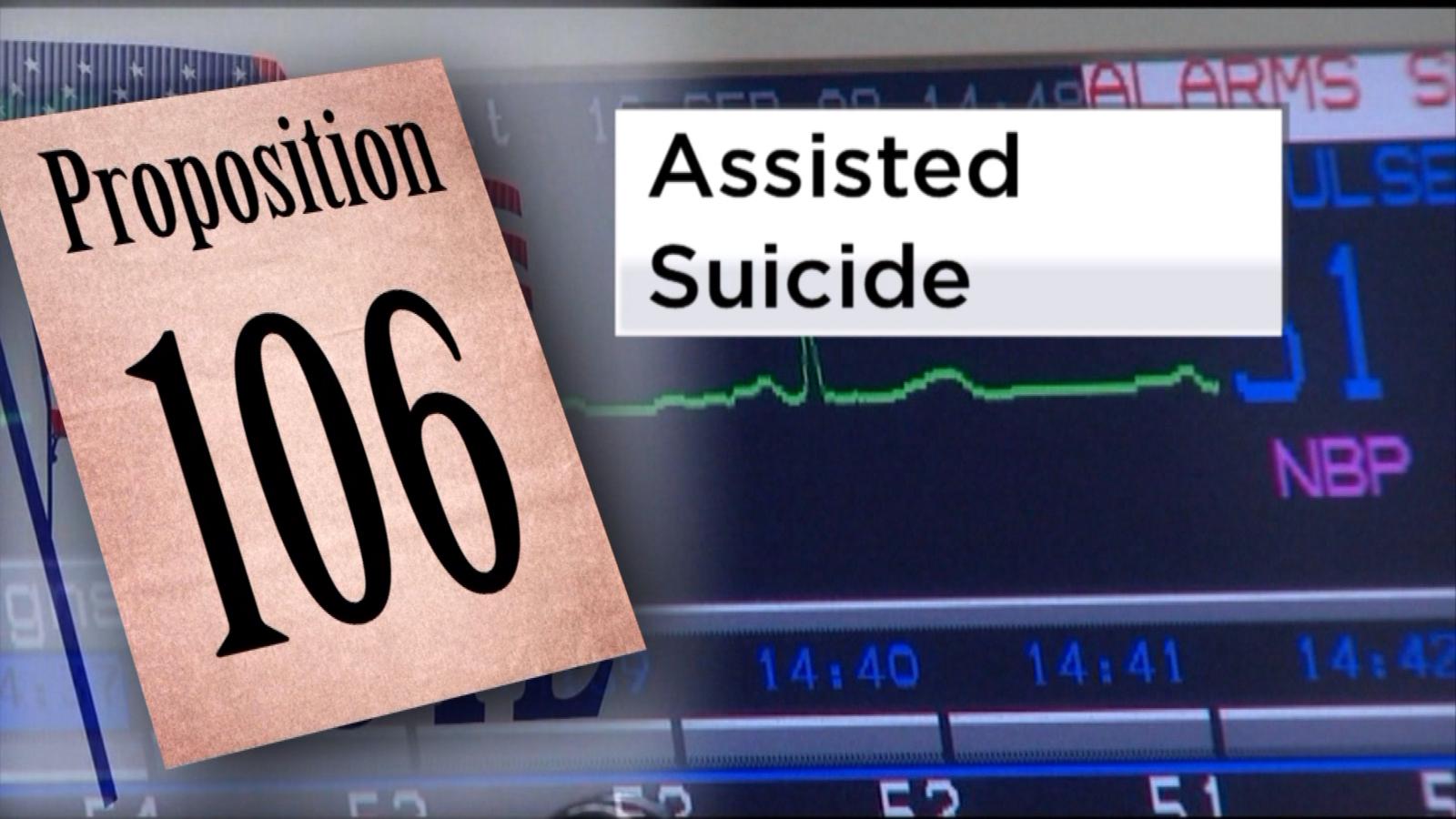Medical Aid In Dying Close To Becoming A Legal Option In Colorado
By Shaun Boyd
DENVER (CBS4) - Colorado's governor has yet to certify the results of last month's ballot measures, but implementation of one initiative is already underway.
The Colorado Medical Board voted to change its policy on medical aid in dying to comply with Proposition 106 or The End of Life Options Act.
Charlie Selsberg was the impetus for the act, which allows doctors to prescribe a lethal dose of medicine to someone who is terminally ill.

Selsberg had ALS. He wrote an editorial begging for a law that would alow medical aid in dying. Three years after his death, Selsberg lives on in Proposition 106.
"It went from one citizen voicing an opinion and a wish and it got carried through by voters of the state," said Julie Selsberg, Charlie's daughter and the driving force behind the law, which failed twice in the state legislature.
Patients are already inquiring about the measure and how it will work. Selsberg says the first thing to know is your doctor doesn't have to participate.
"If you are someone who has been diagnosed with a terminal illness then this is a discussion that you want to have now with your doctor because the beginning of this is really, it is a process."
It's not easy or quick.
First, you need to be a resident of Colorado as determined by a drivers license, voting registration or tax return and be able to administer the medicine yourself.
Next, you need two doctors to confirm you have less than six months to live.
Then, you need to make three requests for the medicine with your doctor -- two in person that are two weeks apart and one written. A doctor may also request a mental health exam.
And, the doctor is required to file reports with the Colorado Department of Health.
Selsberg says there are protections against abuse.
"The enforcement is a standard of care like we have for our doctors for any mode of treatment -- whether for a procedure, an operation, a medicine. Doctors have a standard of care and they want to keep their medical license and so they will have to meet these requirements."
The Department of Health has a hearing scheduled Jan. 18 to draft rules for what doctors will need to report.
Some ballot measures require enabling legislation before they take effect. Proposition 106 doesn't. It takes effect as soon as the governor certifies the results of the election.
"It just brings people a level of calm and peace of mind and I know it would have done the same for my dad," says Selsberg.
Shaun Boyd is CBS4's political specialist. She's a veteran reporter with more than 25 years of experience. Follow her on Twitter @cbs4shaun.



